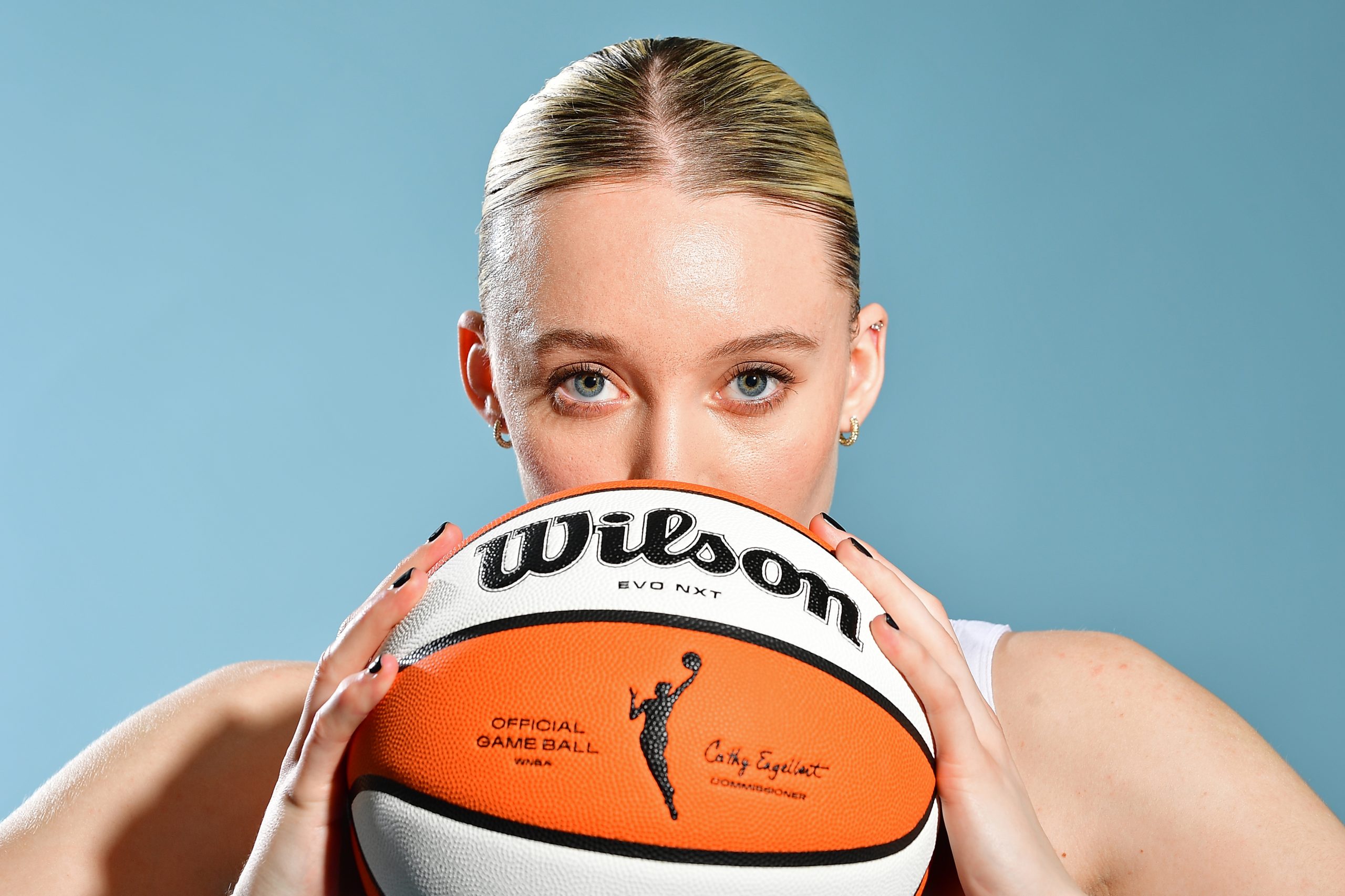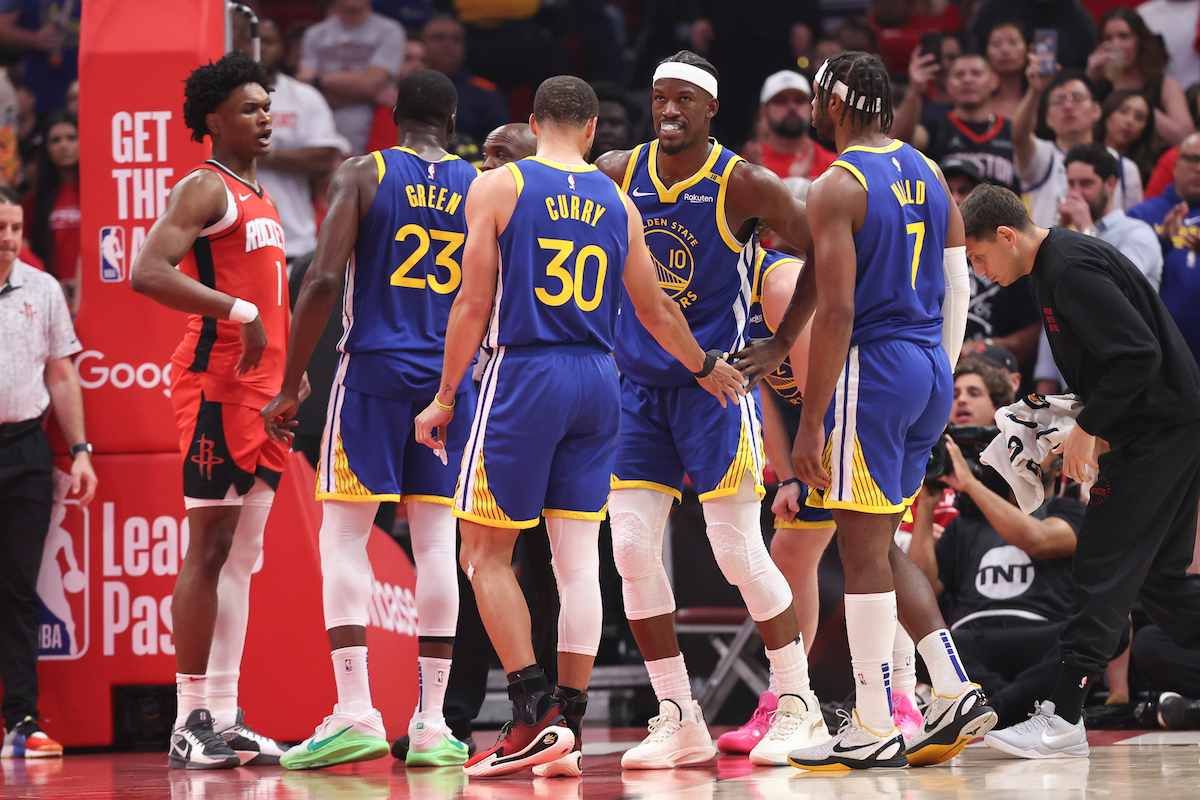Bill Walton, who was probably one of the most impactful redheads to ever grace a basketball court, has sadly passed away this week at the age of 71. The Hall of Famer not only dominated the NBA stage, but also led UCLA to 73 straight victories and back-to-back national titles in the early 1970s.
After a long battle with cancer, the former player who became an integral part of the two world championship teams in Boston and Portland after an injury-marred career, finally died this Monday.
Once retired as an athlete, his status as a legend only became stronger, earning two Emmys as a basketball analyst. To achieve this, he had to overcome one of his biggest traumas, a recurrent stutter that plagued him during the first 28 years of his life.
There will never be another quite like Bill Walton.
His ESPN family will miss him dearly
pic.twitter.com/mvS0Sh5iWZ
— ESPN (@espn) May 27, 2024
“I just wish that I had learned how to speak at a lot earlier age,” Bill told the press at the end of last year. “Nothing has changed my life more than learning how to speak. It’s my greatest accomplishment, and your worst nightmare. I identify with everyone who faces struggles, challenges.”
Walton believes the first step is to accept yourself. “And when you’re a stutterer, it completely changes your life. Because you’re constantly embarrassed and reluctant and ashamed. And you have to learn to overcome it. I am no longer ashamed about being a stutterer. I’m no longer self-conscious about being a stutterer. I am a stutterer,” he said.
More towards the end of his life, he started to become famous for his eccentric way of life, and his definite love for music, the Grateful Dead and his tie-dyed shirts. On his way out, he left many friends like co-host Dave Pasch.
“Bill and I had a special friendship,” the broadcaster said this Monday on ESPN. “He used to tell me a lot, he would take the headset off during a commercial break and just say to me, ‘I love you, but don’t tell anybody.’”
His friend added: “He just enjoyed the fact that I was his sparring partner. He could have fun with me and just take shots at me. I knew that it was all just part of the game, and off the air we had a great friendship. Bill paid for every meal. I remember the last game I had with Bill was Feb. 1 at USC. … We were talking a lot about the future. It was a conversation I’ll never forget.”
The former league MVP always showed gratitude towards his teammates for his own basketball career
Walton’s career, which has marked by numerous injuries, would’ve never been the same without his teammates. The first pick in the 1974 NBA Draft, who led the Trail Blazers to their only title in 1976/77, always showed appreciated the love and inspiration he received in his locker rooms.
“My teammates … made me a much better basketball player than I could ever have become myself,” Bill said during his Hall of Fame speech. “The concept of team has always been the most intriguing aspect of basketball to me. If I had been interested in individual success or an individual sport, I would have taken up tennis or golf.”
The 1977/78 league MVP battled foot injuries throughout his career as a professional and was limited to playing just 468 games over 10 campaigns, missing most of five of them, and missing out on four full seasons to health issues.
Current UCLA coach Mick Cronin tried to explain the importance of Walton to his school’s basketball program. “It’s very hard to put into words what he has meant to UCLA’s program, as well as his tremendous impact on college basketball,” he said on Monday.
“Beyond his remarkable accomplishments as a player, it’s his relentless energy, enthusiasm for the game and unwavering candor that have been the hallmarks of his larger than life personality. … It’s hard to imagine a season in Pauley Pavilion without him.”






